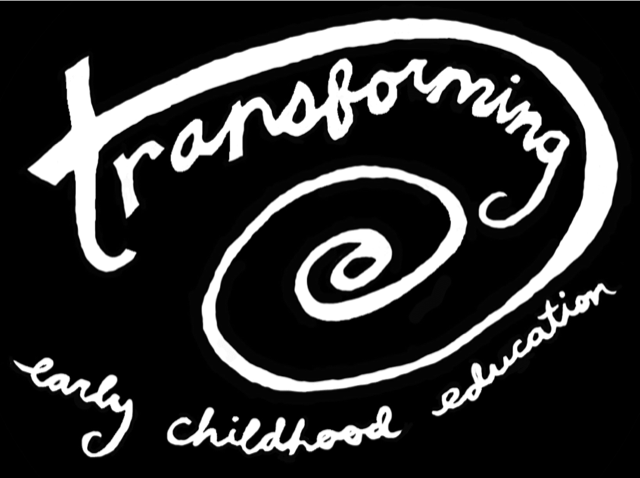Representation
Representation
Have you ever watched the show Love on the Spectrum? It is a reality show that follows the stories of autistic adults as they look for love. It is such lovely, feel-good TV!
One of the participants that I immediately connected with was Madison Marilla. During her interviews, she shared a lot about her early childhood years. She discusses being non-speaking during her early years and exhibiting behaviors that were challenging to adults. Once she found her love of making jewelry, introduced to her by a friend's mother, she didn't need to use behaviors as a form of communication.
It is so powerful for educators to listen to autistic adults as they share their childhood experiences. This is why I use identity-first language (autistic person) vs. people-first language (person with autism) in my writing. Autistic adults have overwhelmingly stated that they prefer the use of identity-first language.
Another element of the show that just pulls at my heartstrings is seeing the parents of the autistic adults. The parents experience so many emotions as they watch their children experience love (and disappointment). Many of the parents never thought that their children would find love as autistic adults. It is so powerful for educators to listen to the lived experience of the parents of autistic children.
Why am I bringing up a reality show about early childhood education in an email? Because it is a wonderful example of representation. When the parent of an autistic child watches this show, they see what their child's future could look like. When an autistic teenager or adult watches this show, they see people who look like them finding companions to spend their lives with. This is so powerful!
In our early childhood classrooms, our students should see (hear about) people who look like them represented:
In our early childhood classrooms, our students should see (hear about) families that look like their families:
Sometimes, It's Grandmas and Grandpas
You can find more books to support representation in your classroom below:
100 Children's Books About Diversity and Inclusion
30 Inclusive Children's Books About Disabilities
60 Children's Books About Diversity To Read With Little Ones
22 Children's Books That Show All Families Are Different
23 Diverse Books for Kids that Celebrate Differences
If you think that representation is a "woke" topic, then you have always seen yourself represented. You've never experienced a time in your life when you felt like your differences were not something to be proud of.
Also, to be very blunt, if you are using the term "woke" as a putdown, you should probably spend some time doing a little self-reflection so you understand how this view could harm the children in your care.



